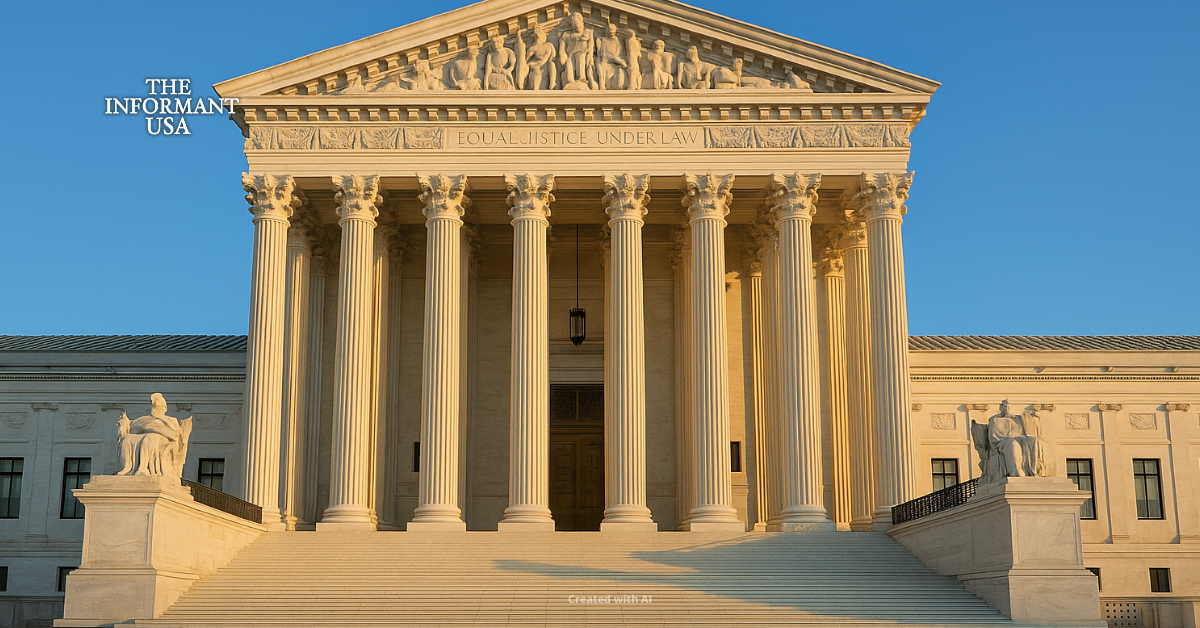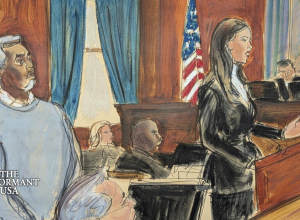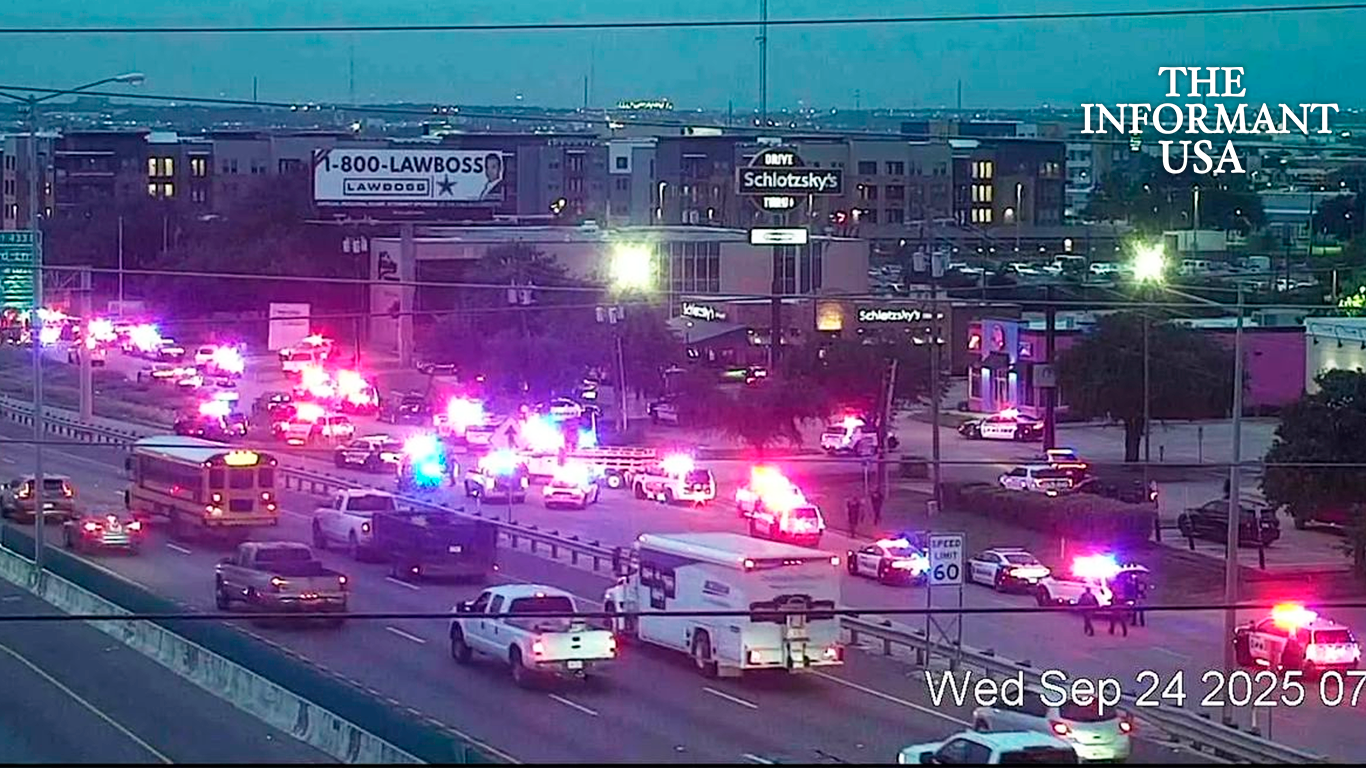The U.S. Supreme Court ruled 6–3 on Friday that individual federal district judges do not have the authority to issue nationwide injunctions—a decision that removes a major judicial barrier long criticized by President Donald Trump and other executive branch officials. Writing for the conservative majority, Justice Amy Coney Barrett stated that such broad injunctions exceed the authority granted to judges by the Constitution and Congress. “The Judiciary does not have unbridled authority,” she wrote. The case stemmed from lawsuits challenging Trump’s executive order denying citizenship to certain children born in the U.S. to non-citizen parents, which had been blocked by multiple lower courts across the country.
The ruling clears a path for the Trump administration to begin enforcing the order in jurisdictions where no injunction remains in place—though the court did not weigh in on the constitutionality of the policy itself. Liberal justices, including Elena Kagan, warned the decision could limit access to justice for low-income individuals unable to challenge federal policies on their own. Legal scholars and justices across the ideological spectrum noted that nationwide injunctions have caused forum shopping and legal unpredictability. Critics and defenders alike expect that future constitutional challenges will now move forward as class action lawsuits, which have a higher threshold for approval.











